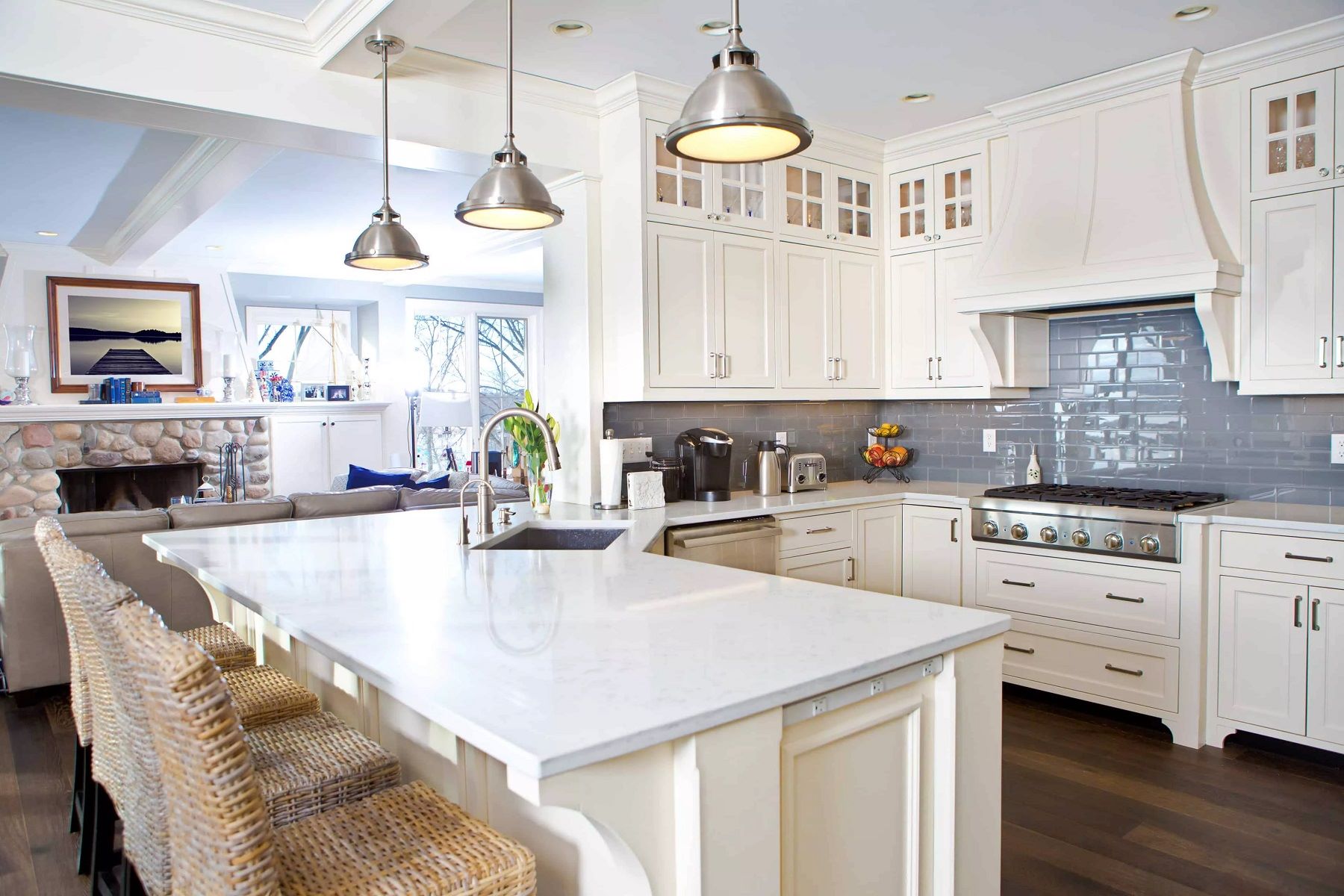

Articles
How Much Are Quartz Countertops
Modified: January 19, 2024
Looking for articles on how much quartz countertops cost? Find all the information you need to make an informed decision about your kitchen renovations.
(Many of the links in this article redirect to a specific reviewed product. Your purchase of these products through affiliate links helps to generate commission for Storables.com, at no extra cost. Learn more)
Introduction
Quartz countertops have gained immense popularity in recent years for their stunning beauty and exceptional durability. Made from one of the hardest minerals on earth, quartz countertops offer homeowners a practical and stylish option for their kitchen or bathroom surfaces. If you’re considering upgrading your countertops, understanding the benefits and costs associated with quartz can help you make an informed decision.
Quartz countertops are engineered using a combination of natural quartz crystals, resins, and pigments. This creates a strong and non-porous surface that is resistant to stains, scratches, and heat. Unlike natural stone countertops such as granite or marble, quartz countertops do not require regular sealing or maintenance. With a wide range of colors and patterns available, you can find the perfect quartz countertop to complement your interior design style.
One of the key benefits of quartz countertops is their durability. Thanks to their non-porous nature, quartz countertops are highly resistant to bacteria, mold, and mildew, making them a hygienic choice for kitchen and bathroom areas. They are also resistant to staining from common household items like coffee, wine, and oils, making them an ideal choice for busy households.
Another advantage of quartz countertops is their low maintenance. Unlike natural stone countertops that may require periodic sealing to maintain their appearance, quartz countertops are virtually maintenance-free. A mild soap and water solution is all that is needed to keep them clean and looking their best. This can save you both time and money in the long run.
In terms of aesthetics, quartz countertops offer a wide range of colors and patterns to choose from. Whether you prefer a sleek and modern look or a more traditional and timeless design, there is a quartz countertop option to suit your taste. From solid colors to intricate veining patterns, quartz countertops can effortlessly enhance the overall aesthetic appeal of your kitchen or bathroom.
When it comes to cost, quartz countertops are generally priced higher than other materials such as laminate or tile. However, their long lifespan and durability make them a worthwhile investment in the long run. The cost of quartz countertops can vary depending on several factors, including the quality of the quartz, the complexity of the installation, and the location.
In the following sections, we will delve into the factors that can affect the cost of quartz countertops and provide you with average price ranges to help you plan your budget accordingly. Additionally, we will also compare the cost of quartz countertops to other popular materials and discuss additional costs you should consider. Lastly, we will provide some valuable tips for saving money on quartz countertops without compromising on quality.
Key Takeaways:
- Quartz countertops offer durability, low maintenance, and diverse design options, making them a practical and stylish choice for any home. Despite a higher upfront cost, their long-term benefits make them a worthwhile investment.
- When budgeting for quartz countertops, consider additional costs such as removal, backsplash installation, and maintenance. To save money, compare quotes, opt for standard colors, and reuse existing fixtures while ensuring quality is not compromised.
Read more: How Much Do Quartz Countertops Weigh
Benefits of Quartz Countertops
Quartz countertops offer a multitude of benefits that make them a popular choice for homeowners. From their durability to their versatility in design, here are some of the key advantages of choosing quartz for your countertops.
- Durability: Quartz countertops are highly durable and resistant to stains, scratches, and heat. The engineered quartz material makes them less susceptible to damage compared to natural stone countertops like granite or marble. This durability ensures that your countertops will remain looking new and beautiful for years to come.
- Non-porous Surface: One of the greatest advantages of quartz countertops is their non-porous nature. Unlike natural stone that can absorb liquids and harbor bacteria, quartz countertops are non-porous and resistant to staining and bacterial growth. This makes them an excellent choice for kitchen and bathroom surfaces where hygiene is of utmost importance.
- Low Maintenance: Quartz countertops are incredibly low maintenance. They do not require periodic sealing like granite or marble, saving you time and effort. Cleaning quartz countertops is a breeze – simply use a mild soap and water solution to wipe away any spills or messes. This easy maintenance routine ensures that your countertops will stay in pristine condition with minimal effort.
- Variety of Styles and Colors: Quartz countertops come in a wide range of styles, colors, and patterns. Whether you’re looking for a classic, timeless design or a bold, modern statement, there is a quartz countertop to suit your aesthetic preferences. From solid colors to veining patterns that mimic the look of natural stone, quartz countertops offer endless design possibilities.
- Consistency: Unlike natural stone countertops that can have variations in color and pattern, quartz countertops offer consistent and uniform appearance. This makes it easier to match the countertops with other design elements in your kitchen or bathroom. The consistent color and pattern also ensure that your countertops will have a cohesive look throughout the space.
- Sustainability: Quartz countertops are an environmentally-friendly choice. The manufacturing process involves using recycled materials, reducing the need for new mining. Furthermore, quartz is an abundant mineral, making it a sustainable option. By choosing quartz countertops, you can contribute to a greener and more sustainable future.
With its durability, low maintenance requirements, and diverse design options, quartz countertops are an excellent investment for any homeowner. Whether you’re remodeling your kitchen or renovating your bathroom, quartz countertops offer a combination of functionality and aesthetic appeal that is hard to beat.
Factors Affecting the Cost of Quartz Countertops
When it comes to the cost of quartz countertops, several factors come into play. Understanding these factors can help you estimate the overall expense and plan your budget accordingly. Here are the key factors that can affect the cost of quartz countertops:
- Quality of Quartz: The quality of the quartz used in the countertops plays a significant role in determining the cost. Higher quality quartz, which may have a more consistent color and pattern, is typically priced higher than lower quality options.
- Thickness: Quartz countertops are available in different thicknesses, typically ranging from half an inch to an inch. Thicker countertops may be priced higher due to the extra material required and the added sturdiness they provide.
- Color and Pattern: Certain colors and patterns of quartz countertops may be in higher demand and therefore command a higher price. Uncommon or custom colors and patterns may also increase the cost as they may require additional manufacturing or sourcing efforts.
- Size and Complexity of the Project: The size and complexity of the project can influence the cost of quartz countertops. Larger areas that require more quartz material will naturally cost more. Additionally, if your project involves custom cuts, curved edges, or intricate designs, it may require more labor and time, which can impact the overall cost.
- Edge Treatment: The edge treatment of your quartz countertops can add aesthetic appeal but may also affect the cost. Basic edge treatments like straight edges or eased edges are usually included in the base price, while more intricate options like beveled or bullnose edges may come at an additional cost.
- Installation: The cost of installation is another factor to consider. Some suppliers may include installation in their price, while others may charge separately. The complexity of the installation, such as the need for additional support structures or removal of existing countertops, can also impact the installation cost.
It’s essential to discuss these factors with your quartz countertop supplier or contractor to get a clear understanding of how they affect pricing. By considering these factors, you’ll be able to make an informed decision and find the right quartz countertop option that fits within your budget and meets your design preferences.
Average Prices of Quartz Countertops
The cost of quartz countertops can vary depending on factors such as the quality of the quartz, the size of the project, and the location. While it’s challenging to provide an exact price without specific details, we can give you a general idea of the average prices you can expect for quartz countertops.
On average, the cost of quartz countertops can range from $50 to $120 per square foot. This price range includes both the cost of materials and installation. However, it’s worth noting that prices can vary significantly depending on the factors mentioned earlier.
Lower-quality quartz countertops, often referred to as “entry-level” or “builder-grade” quartz, typically fall on the lower end of the price range, around $50 to $80 per square foot. These countertops may have slightly more variations in color and pattern compared to higher-quality options but still offer the durability and elegance of quartz.
Mid-range quartz countertops, which offer a balance between quality and price, usually range from $80 to $100 per square foot. These countertops often have more consistent color and pattern variations, providing a more premium look compared to entry-level quartz.
High-end quartz countertops, featuring premium brands and unique color options, can cost anywhere from $100 to $120 or more per square foot. These countertops are known for their exceptional quality, durability, and intricate designs. They may also come with additional features, such as special finishes or built-in antimicrobial properties.
It’s important to remember that these are just average price ranges and can vary based on your specific requirements. Customizations, such as non-standard edge treatments or complex installation designs, can incur added costs. Additionally, prices may differ significantly depending on your location and the local market conditions.
Before finalizing your decision, we recommend getting quotes from multiple suppliers or contractors to compare prices and offerings. This will help ensure that you are getting the best value for your money without compromising on quality. Remember, investing in high-quality quartz countertops will provide you with long-lasting durability and aesthetic appeal, making it a worthwhile investment for your home.
When considering the cost of quartz countertops, be sure to factor in the quality of the material, the size of the area to be covered, and any additional features or customization. It’s also important to get quotes from multiple suppliers to ensure you’re getting the best price.
Cost Comparison with Other Countertop Materials
When choosing countertops for your kitchen or bathroom, it’s essential to consider the cost of different materials to find the best fit for your budget. Here is a cost comparison between quartz countertops and other popular countertop materials:
- Laminate: Laminate countertops are one of the most affordable options on the market. They typically range from $10 to $40 per square foot, making them significantly cheaper than quartz. While laminate countertops offer a wide variety of colors and designs, they are less durable and may not withstand heavy use or sharp objects as well as quartz.
- Granite: Granite countertops are a popular choice known for their natural beauty and durability. On average, granite countertops range from $40 to $100 per square foot. While this is comparable to the price of quartz, it’s worth noting that higher-end granite options can be more expensive than quartz. Granite requires regular sealing to maintain its appearance and prevent staining, which adds to its long-term maintenance and cost.
- Marble: Marble countertops are known for their elegance and timeless beauty. However, they tend to be more expensive compared to quartz. On average, marble countertops range from $50 to $150 per square foot. Marble is a softer natural stone and requires regular sealing and maintenance to prevent staining and etching. Therefore, quartz may be a more cost-effective and low-maintenance alternative to marble.
- Stainless Steel: Stainless steel countertops offer a sleek and modern look that is particularly popular in commercial settings. Prices for stainless steel countertops typically range from $70 to $150 per square foot. While stainless steel is durable and easy to clean, it may scratch or dent more easily than quartz. Additionally, the cost can vary depending on the thickness and quality of the stainless steel used.
- Concrete: Concrete countertops offer a unique and customizable option for those seeking a modern or industrial-style kitchen or bathroom. On average, concrete countertops range from $75 to $150 per square foot. The cost of concrete can vary depending on factors such as the complexity of the design, additional finishes, and customization options. However, it’s worth noting that concrete may require regular sealing and maintenance to prevent staining and cracking.
- Quartzite: Quartzite countertops are a natural stone material that resembles the appearance of marble but with the added durability. While quartzite offers a premium look, its prices can range from $75 to $150 per square foot, which is similar to high-end quartz. However, like marble and granite, quartzite requires regular sealing and maintenance.
When comparing the cost of countertop materials, it’s essential to consider not only the upfront price but also long-term maintenance and durability. While quartz countertops may have a higher initial cost than some materials, their durability, low maintenance, and resistance to stains make them a cost-effective choice over time.
Be sure to evaluate your needs, budget, and desired aesthetic when choosing the right countertop material for your home. Consulting with a professional and obtaining quotes from different suppliers can help you make an informed decision and find the best balance between cost and quality.
Read more: What Are Quartz Countertops
Additional Costs to Consider
When budgeting for quartz countertops, it’s crucial to take into account additional costs that may arise during the installation process or in the ongoing maintenance of your countertops. Here are some additional costs to consider:
- Removal and Disposal: If you are replacing existing countertops, you may need to factor in the cost of removing and disposing of the old countertops. This cost will vary depending on the size and complexity of the removal.
- Sink Cutouts and Faucet Installation: If you are replacing your sink or installing a new one, there may be additional costs associated with sink cutouts, plumbing modifications, and faucet installation. It’s essential to plan and budget for these potential expenses to avoid any surprises.
- Backsplash Installation: If you are installing a backsplash along with your countertops, this can add to the overall cost. Backsplash materials, labor, and any additional customization or design elements will need to be factored into your budget separately.
- Sealing and Maintenance: While quartz countertops are low maintenance compared to other materials, there may still be costs associated with sealing the countertops or purchasing specific cleaning products recommended by the manufacturer. These costs are minimal but should be considered for long-term care and maintenance of your countertops.
- Repairs: Accidental damage or wear and tear over time may require repairs to your quartz countertops. Costs for repairs can include material replacement, labor, and any additional work needed to restore the countertops to their original condition.
- Warranty: Some quartz countertop manufacturers offer warranties on their products. While this doesn’t incur an upfront cost, it’s important to consider the warranty coverage and any potential fees associated with claims or service calls. Opting for a reputable brand with a strong warranty can provide peace of mind and potentially save you money in the long run.
It’s essential to discuss these potential costs with your quartz countertop supplier or contractor during the planning and budgeting stage. They can provide you with a more accurate estimate based on your specific project requirements and help you anticipate any additional expenses that may arise.
By being proactive and considering these additional costs, you can ensure that your budget is comprehensive and that there are no unexpected surprises down the line. Remember to factor in these costs when evaluating the overall affordability and feasibility of quartz countertops for your home.
Tips for Saving Money on Quartz Countertops
If you’re looking to install quartz countertops while sticking to a budget, here are some tips to help you save money without compromising on quality:
- Compare Quotes: Obtain quotes from multiple suppliers or contractors to compare prices. Be sure to ask about any ongoing promotions or discounts that may be available. This can help you find the best deal and ensure you’re getting a fair price.
- Consider Lesser-Known Brands: While well-known brands may offer a certain level of prestige, lesser-known quartz countertop brands can provide excellent quality at a lower price point. Research and explore different brands to find options that meet your needs and budget.
- Opt for Standard Colors and Patterns: Custom or rare colors and patterns may come with a higher price tag. Choosing from standard color options can help keep the cost down while still providing a stylish and attractive look for your countertops.
- Choose a Thinner Quartz Slab: Quartz countertops are available in different thicknesses. Opting for a thinner slab, such as ¾ inch instead of 1 inch, can help lower the cost without compromising on the functionality or aesthetics of your countertops.
- Consider Prefabricated or Remnant Quartz: Prefabricated or remnant quartz countertops are pre-cut and can be a more cost-effective option compared to custom-designed countertops. These options may have limitations in terms of sizing or color selection, but they can offer significant savings.
- Reuse Existing Sink and Faucet: Reusing your existing sink and faucet can help you save on the cost of purchasing new ones. As long as they are still in good condition and compatible with your new quartz countertops, this can be a smart way to cut down on expenses.
- Do Proper Research: Spend time researching and reading reviews to ensure you choose a reputable supplier or contractor. Going with a reliable professional who offers competitive pricing can provide you with peace of mind and ensure the job is done right the first time.
- Simple Edge Treatments: While more intricate edge treatments can add elegance to the look of your countertops, they can also come with added costs. Opting for simple edge treatments, such as straight or eased edges, can help keep the budget in check.
- Install Countertops Yourself: If you have the necessary skills and tools, you could consider installing the countertops yourself to save on labor costs. However, it’s important to assess your abilities and ensure you can achieve a proper and secure installation without compromising the quality or warranty of the countertops.
- Take Advantage of Sales and Clearance: Keep an eye out for sales, promotions, or clearance events offered by quartz countertop suppliers. These can provide an opportunity to get high-quality countertops at reduced prices, allowing you to stay within your budget.
Remember, while it’s essential to find affordable options, quality should not be compromised. Quartz countertops are an investment that will enhance the aesthetic appeal and functionality of your space. By following these tips, you can make the most of your budget and enjoy the benefits of beautiful and durable quartz countertops.
Conclusion
Quartz countertops offer homeowners a durable, stylish, and low-maintenance option for their kitchen or bathroom surfaces. With their resistance to stains, scratches, and heat, quartz countertops provide a long-lasting and beautiful solution for any home.
While quartz countertops may have a higher upfront cost compared to other materials, their longevity and minimal maintenance requirements make them a worthwhile investment in the long run. The prices of quartz countertops can vary depending on factors such as the quality of the quartz, the size of the project, and the location. It’s essential to consider these factors and obtain multiple quotes to find the best balance between quality and cost.
When comparing quartz countertops to other materials like laminate, granite, marble, stainless steel, or concrete, it’s important to consider factors such as durability, maintenance, and overall aesthetic appeal. While quartz countertops may have a slightly higher cost, their exceptional durability, resistance to stains, and wide range of design options make them a practical and stylish choice for any home.
In addition to the cost of the countertops themselves, it’s important to consider additional expenses such as removal and disposal, sink cutouts, backsplash installation, sealing and maintenance, repairs, and warranty coverage. By accounting for these costs, you can ensure that your budget is comprehensive and avoid any unexpected surprises.
To save money on quartz countertops, consider comparing quotes, opting for standard colors and patterns, choosing thinner slabs, considering prefabricated or remnant options, reusing existing fixtures, doing proper research, and taking advantage of sales or clearance events. These strategies can help you stay within your budget while still enjoying the beauty and durability of quartz countertops.
In conclusion, quartz countertops provide a combination of functionality, aesthetics, and durability that make them an excellent choice for any homeowner. By understanding the benefits, costs, and additional expenses associated with quartz countertops, you can make an informed decision and create a stunning and practical space that will stand the test of time.
Frequently Asked Questions about How Much Are Quartz Countertops
Was this page helpful?
At Storables.com, we guarantee accurate and reliable information. Our content, validated by Expert Board Contributors, is crafted following stringent Editorial Policies. We're committed to providing you with well-researched, expert-backed insights for all your informational needs.
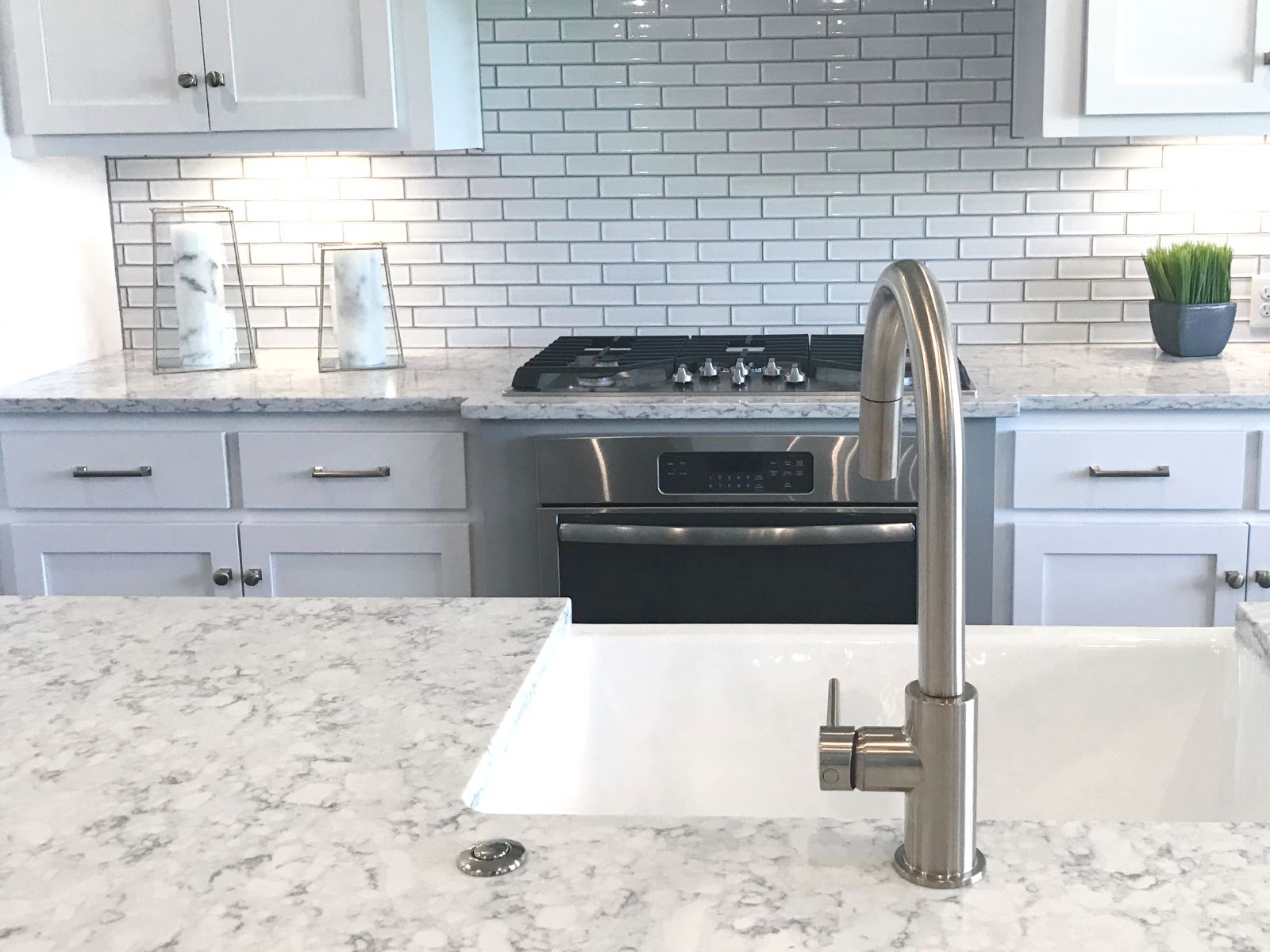
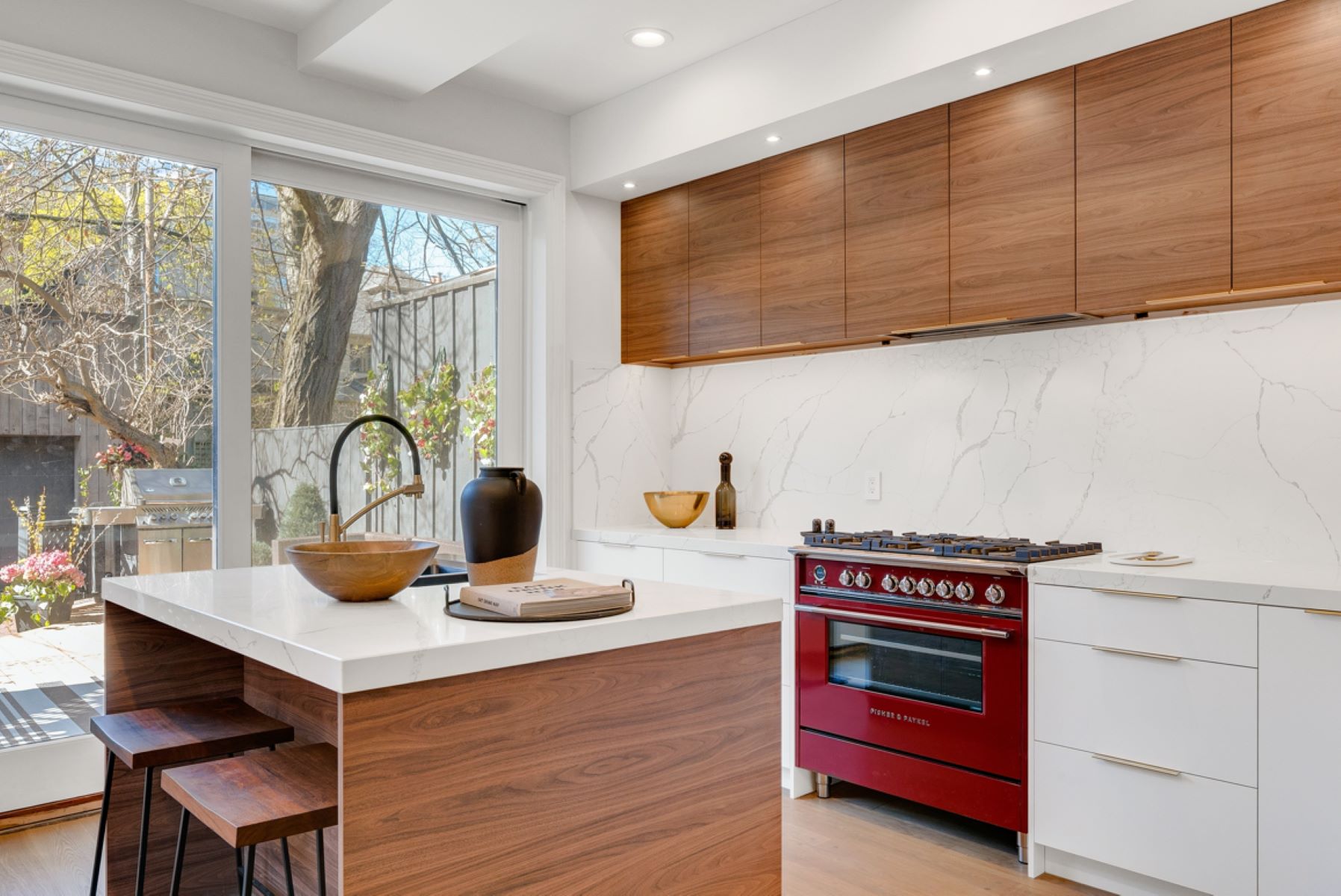
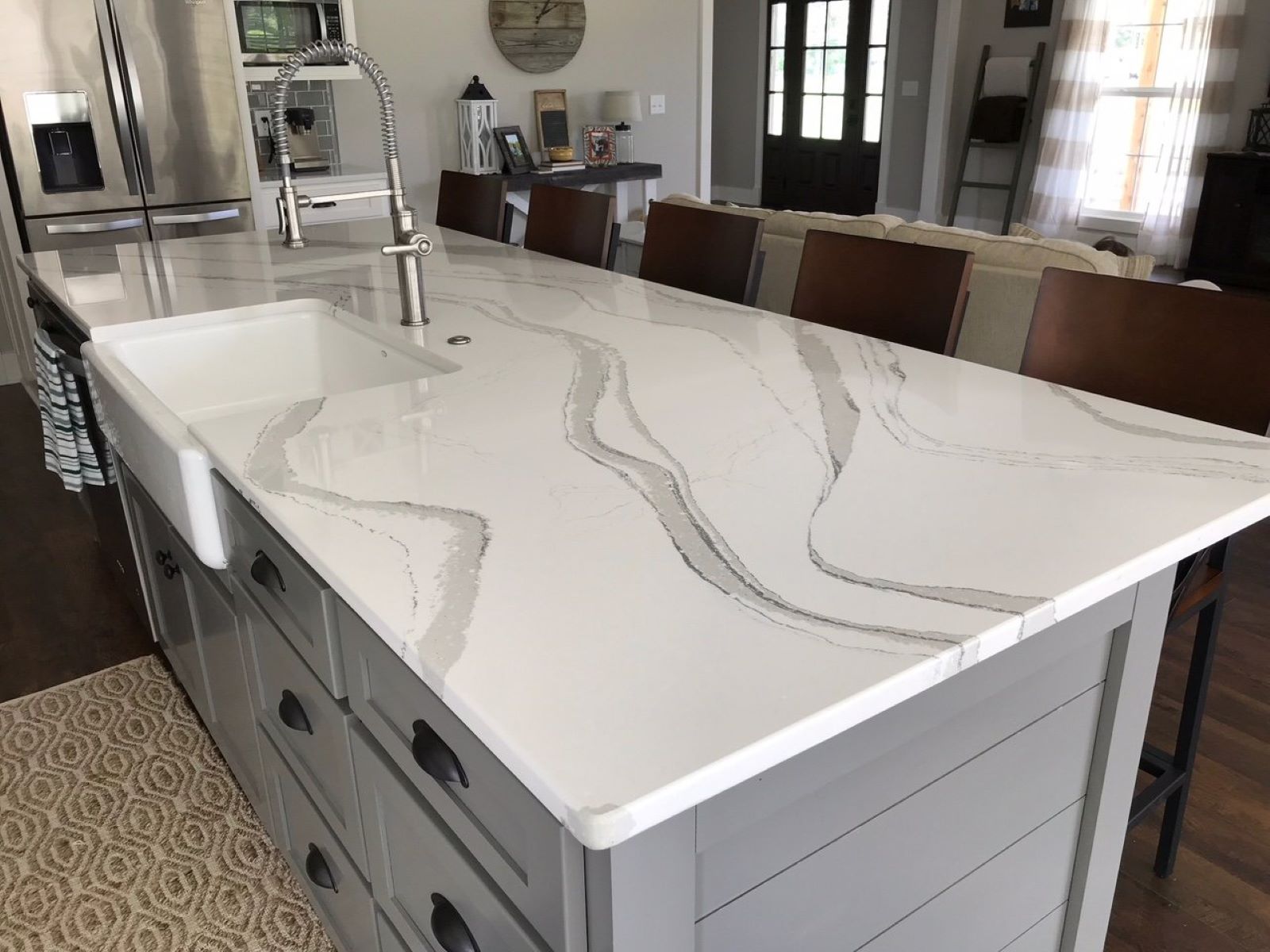
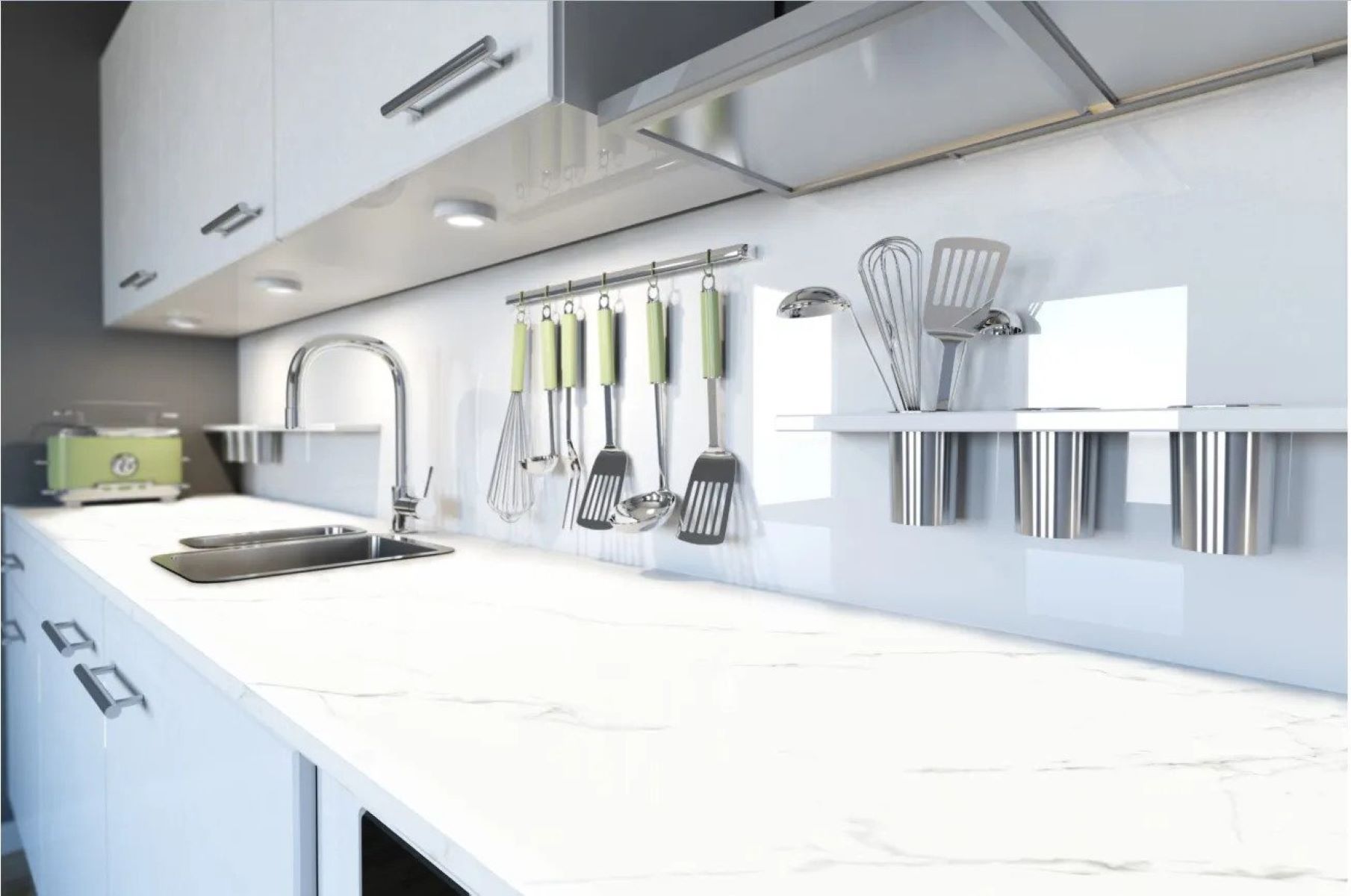
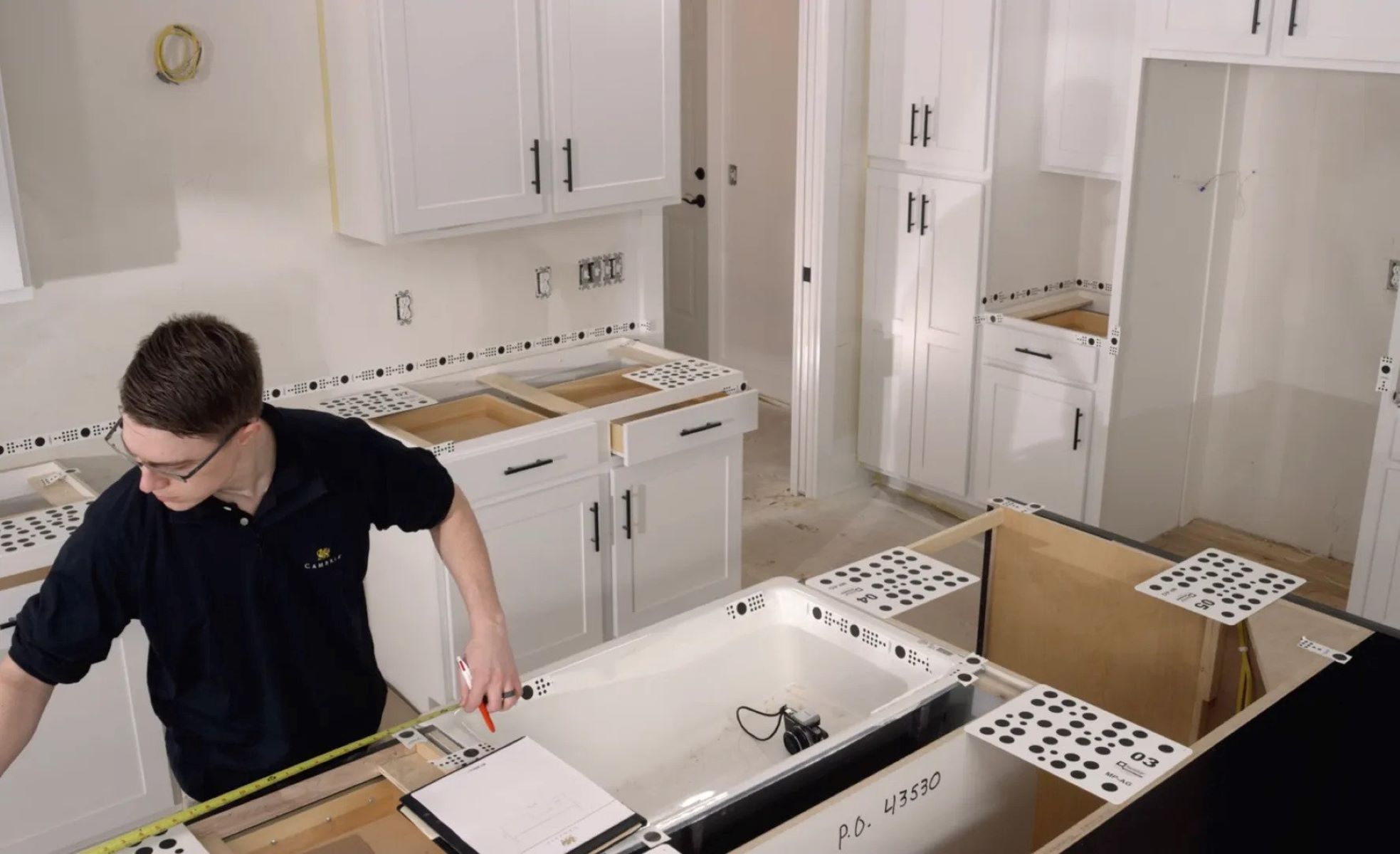
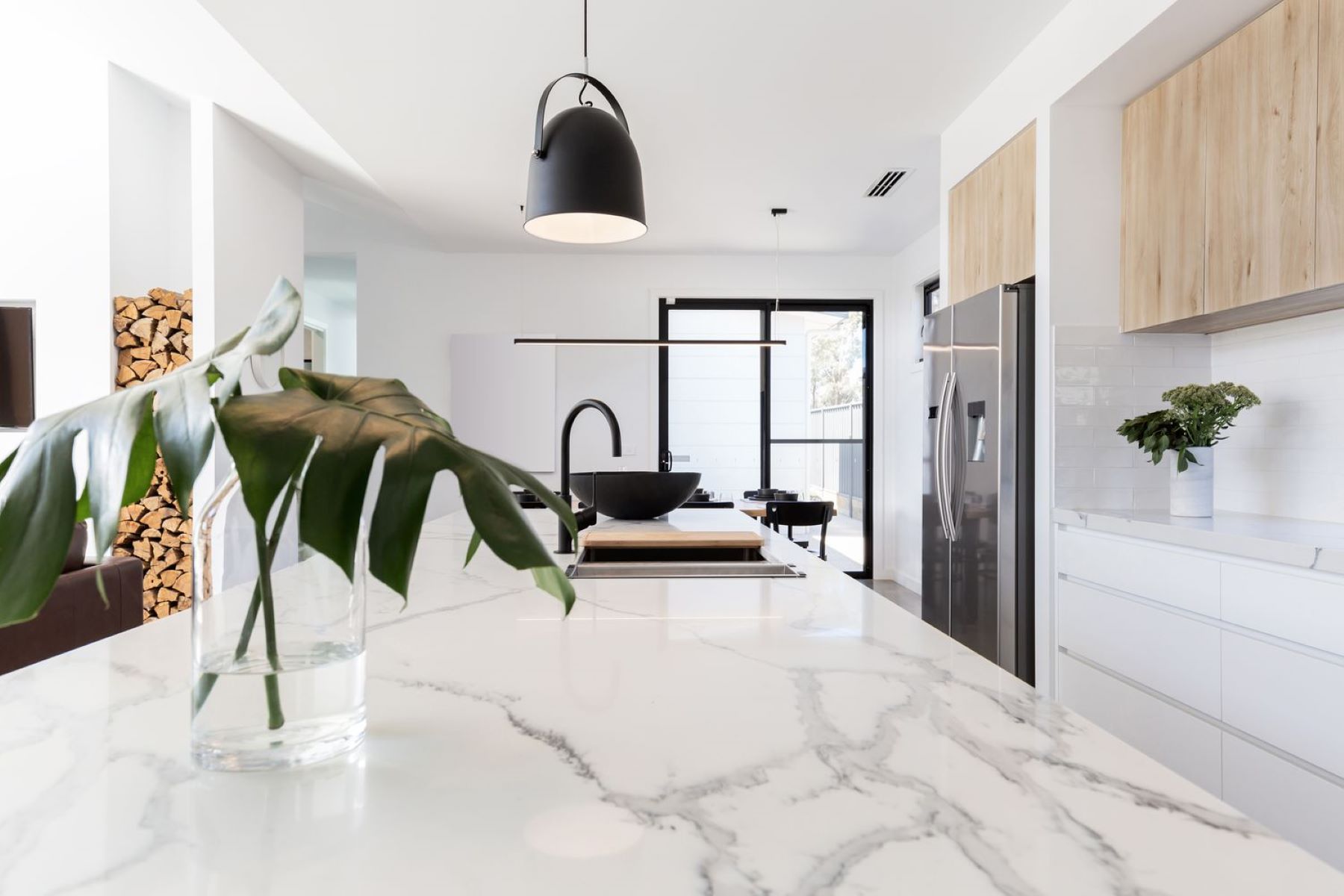
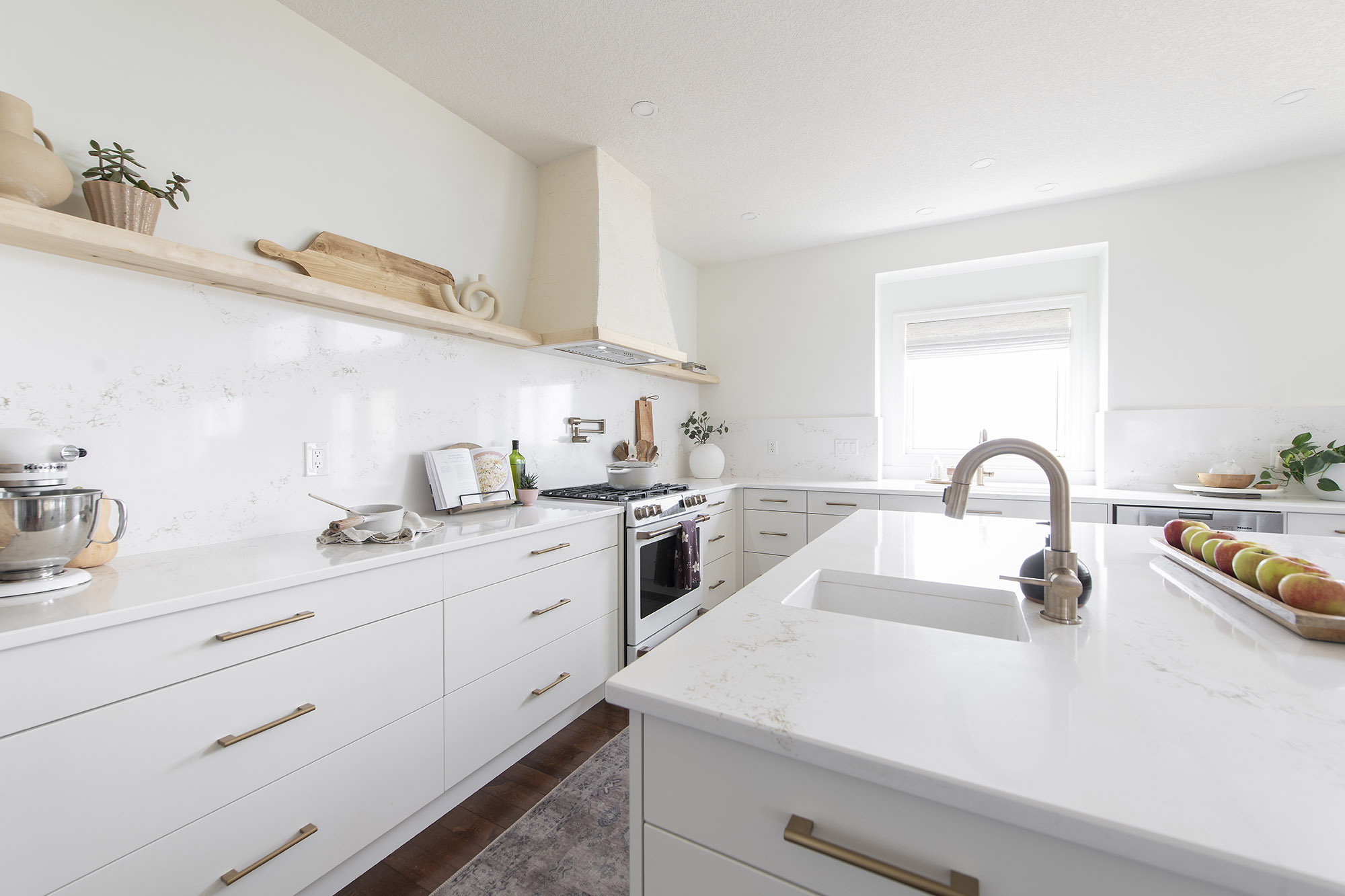
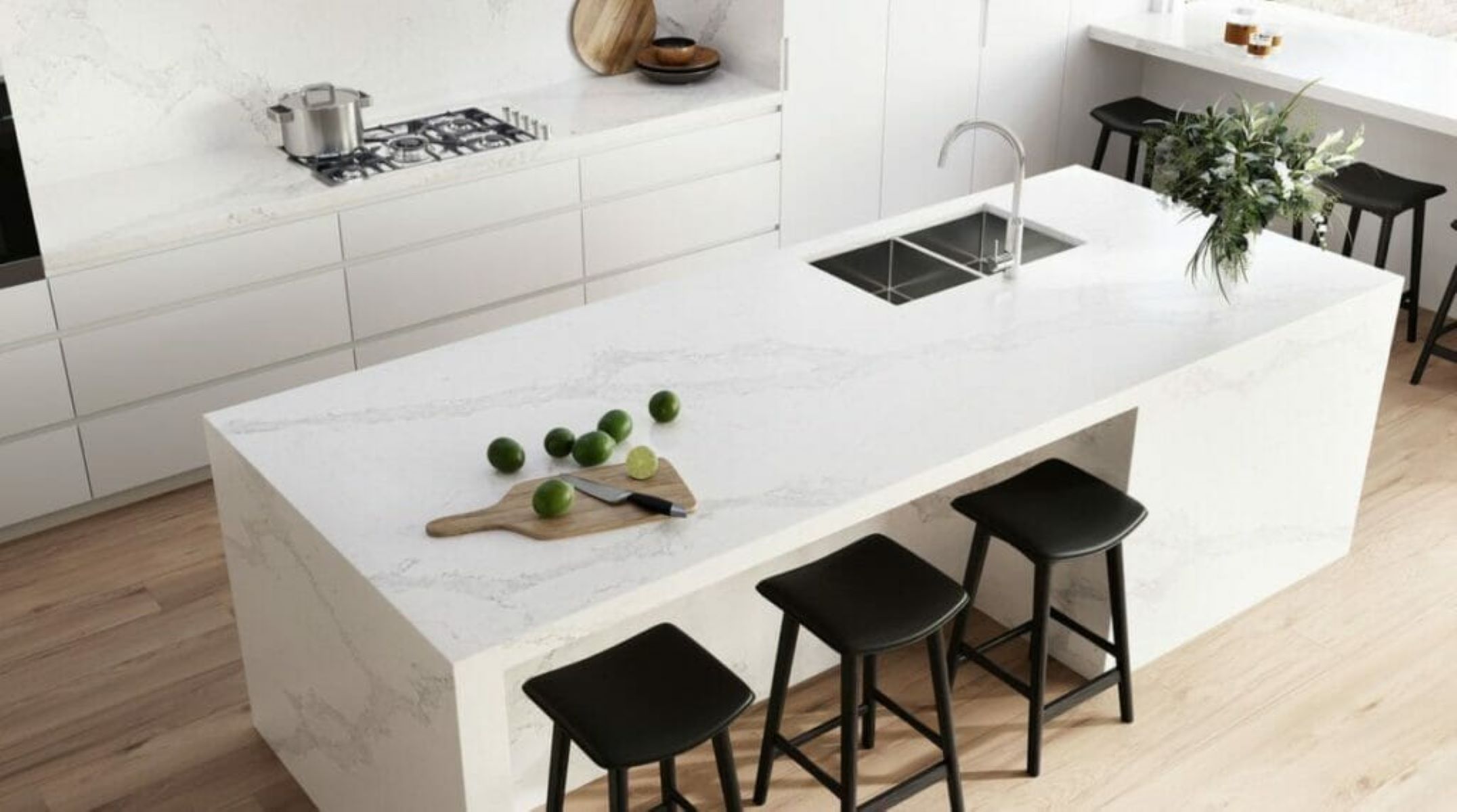
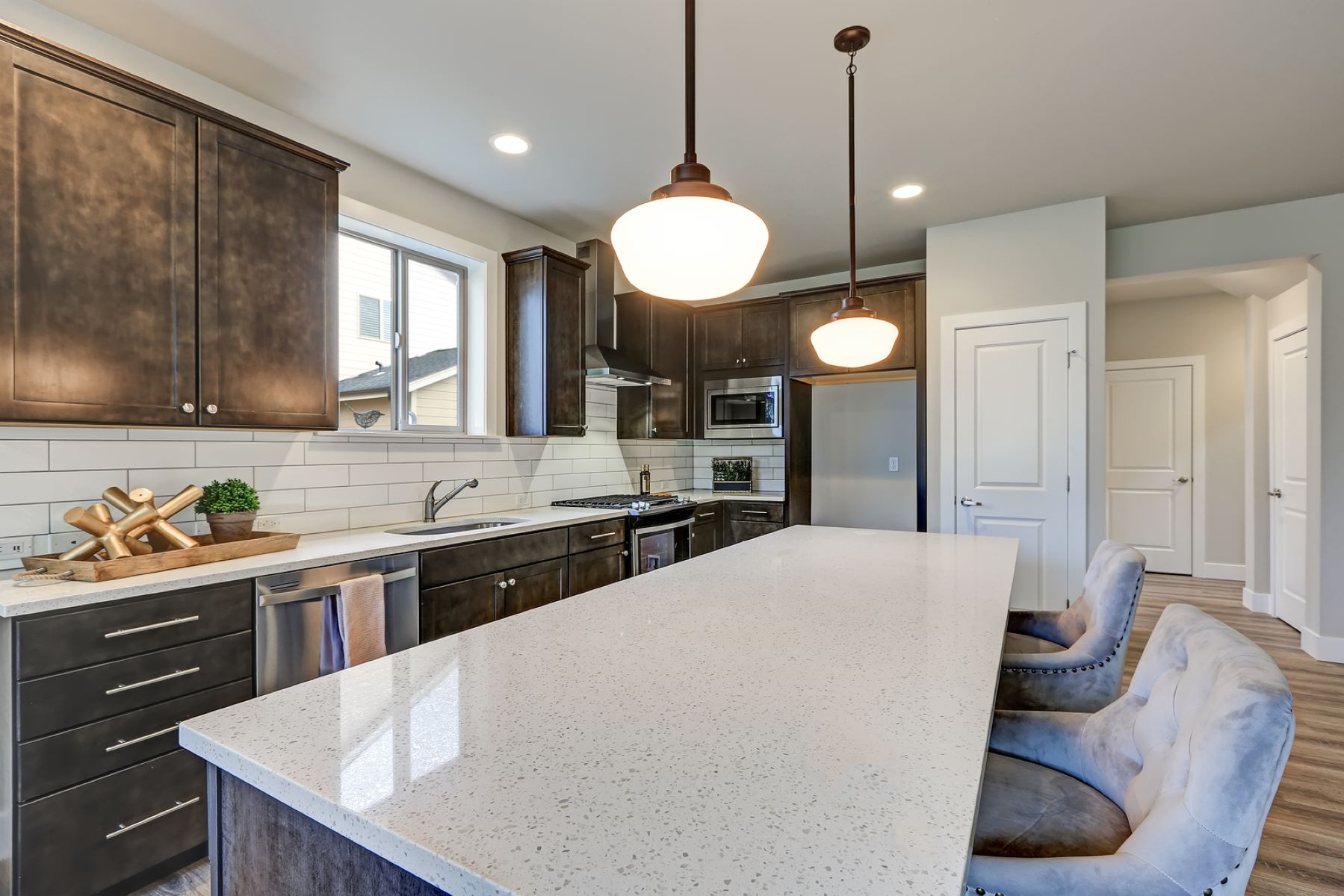
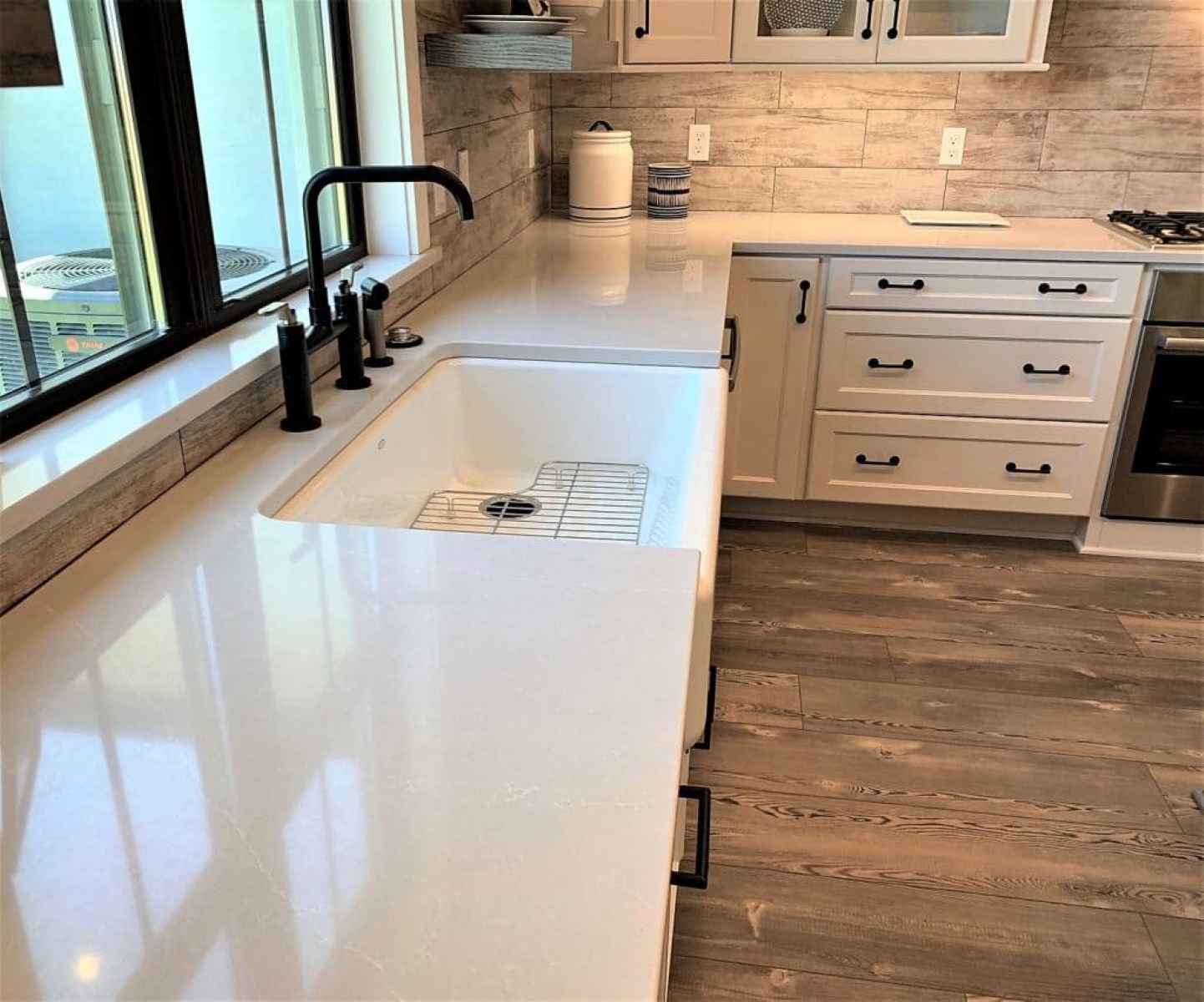
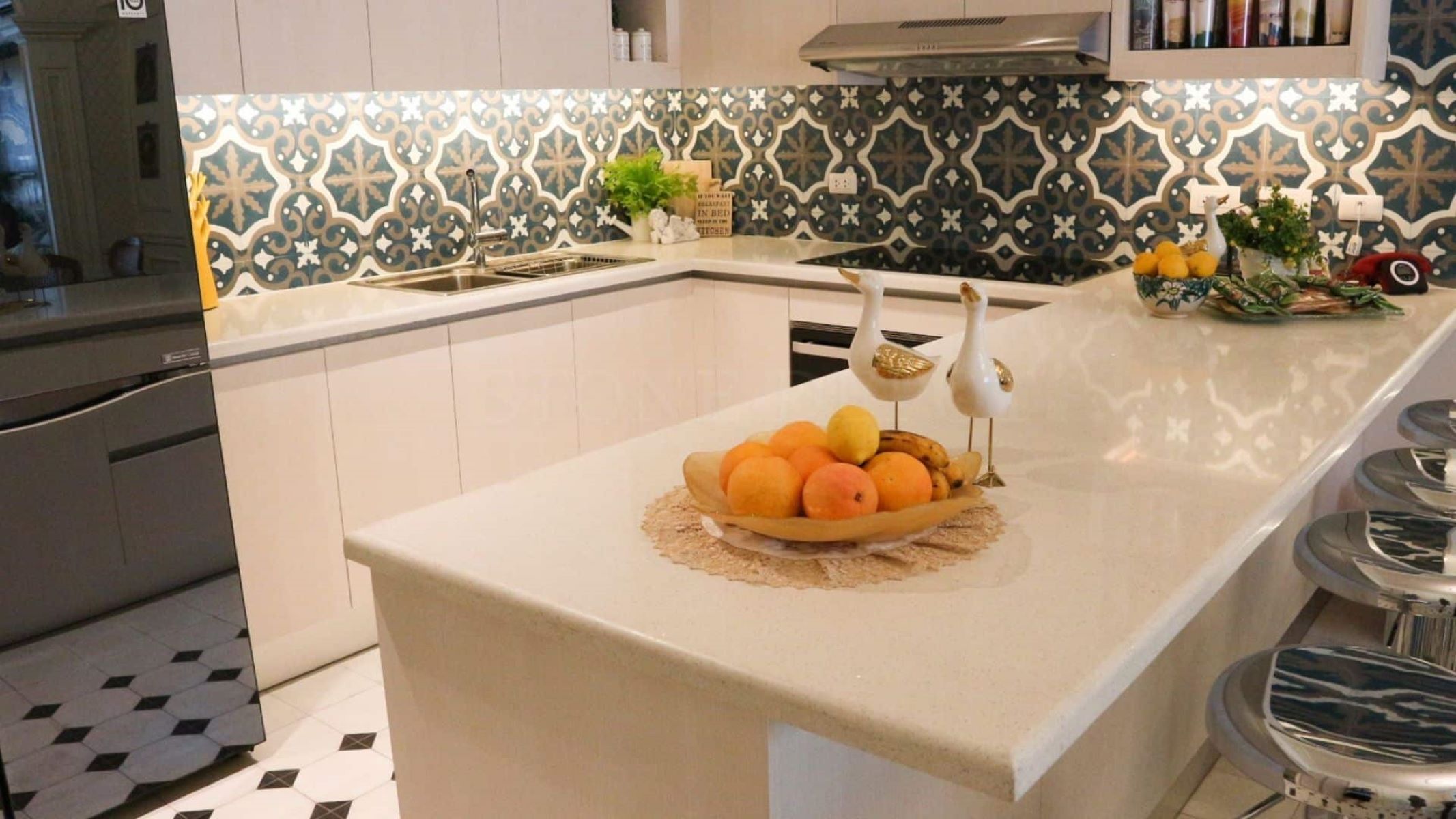
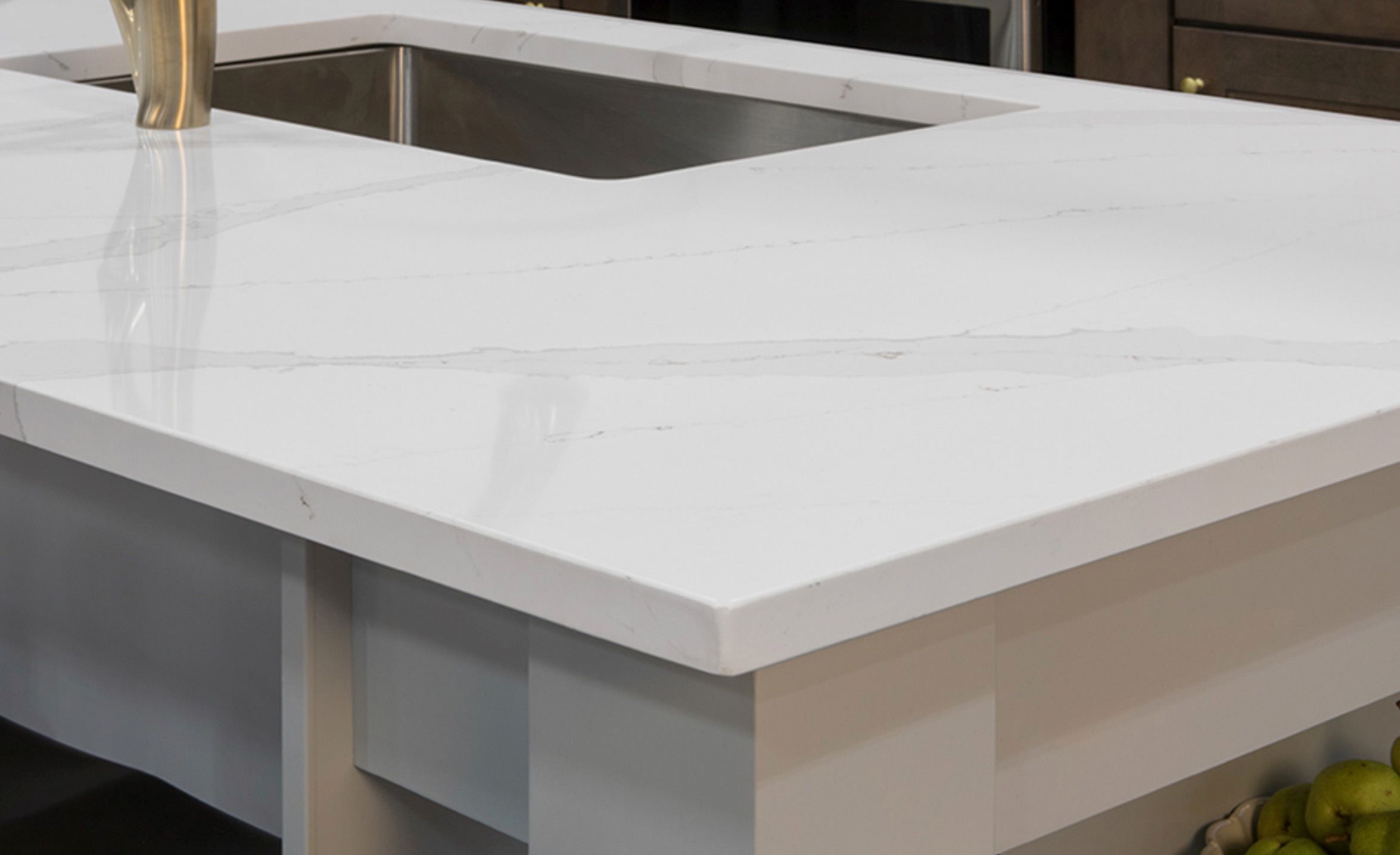
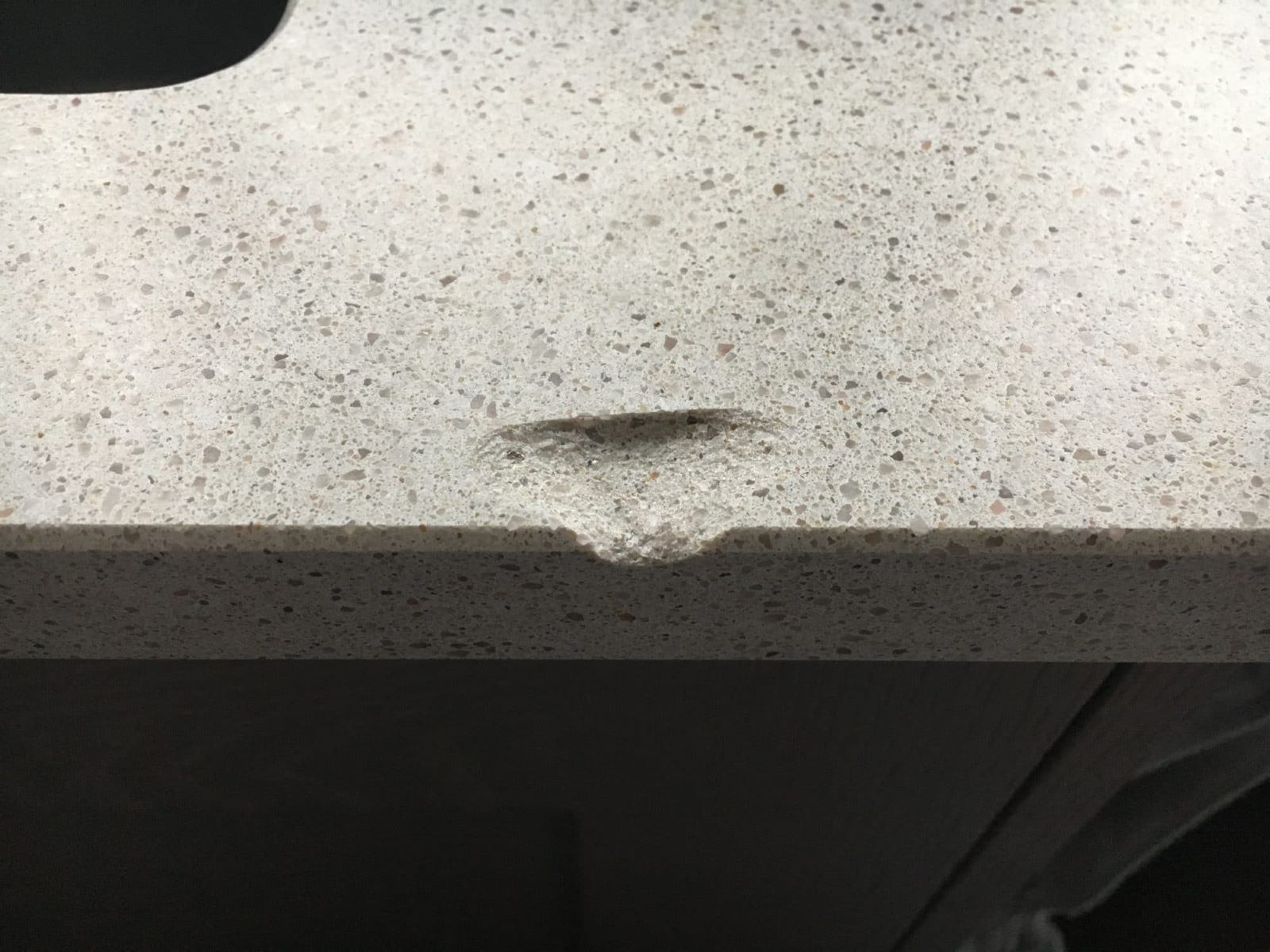
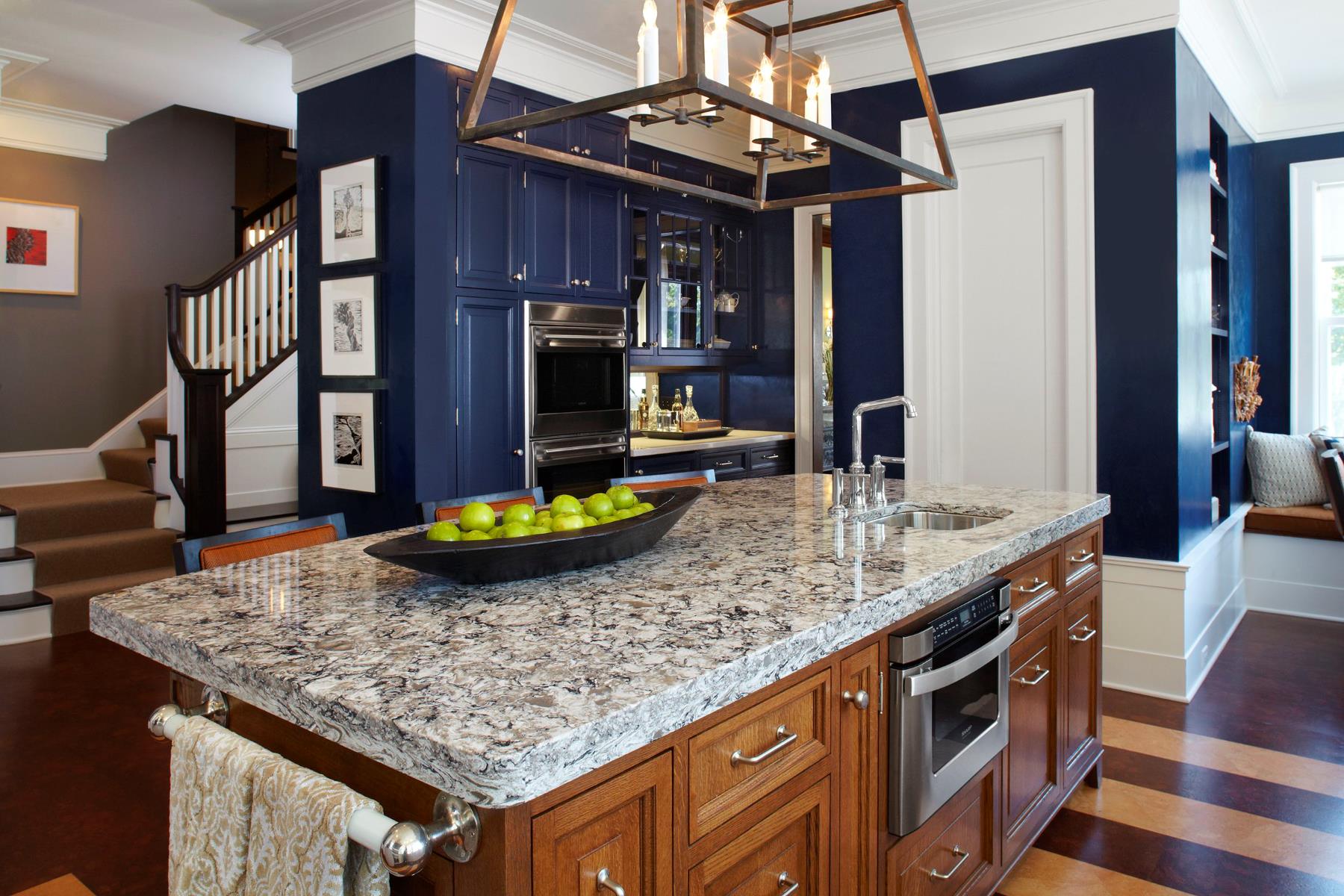

0 thoughts on “How Much Are Quartz Countertops”